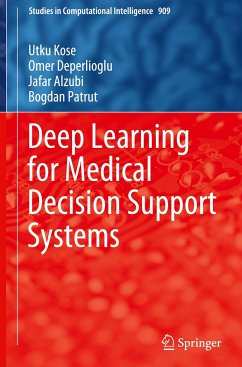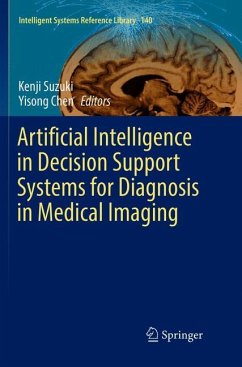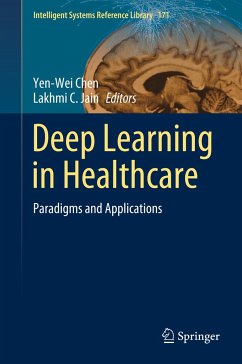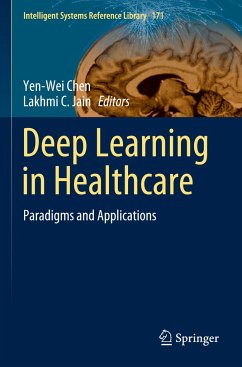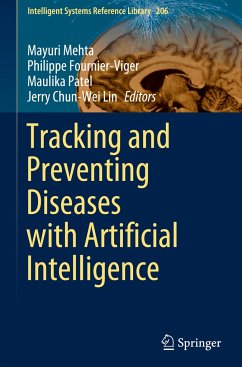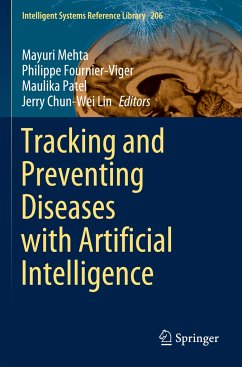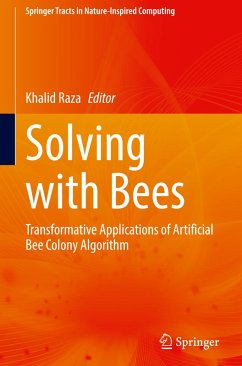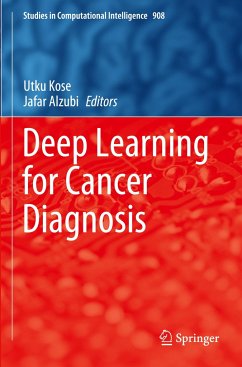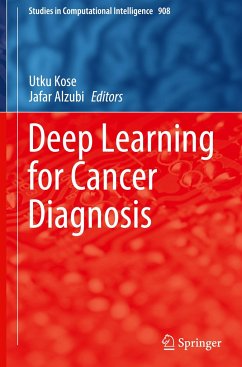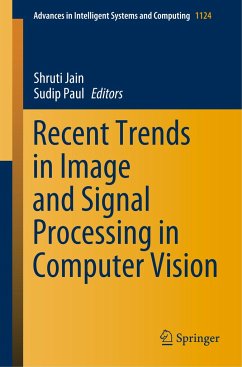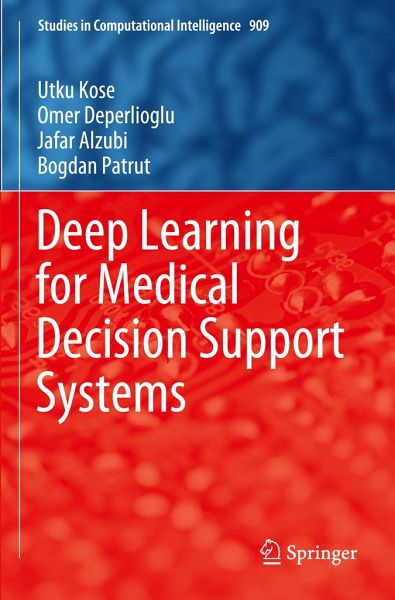
Deep Learning for Medical Decision Support Systems
Versandkostenfrei!
Versandfertig in 6-10 Tagen
68,99 €
inkl. MwSt.
Weitere Ausgaben:

PAYBACK Punkte
34 °P sammeln!
This book explores various applications of deep learning-oriented diagnosis leading to decision support, while also outlining the future face of medical decision support systems. Artificial intelligence has now become a ubiquitous aspect of modern life, and especially machine learning enjoysgreat popularity, since it offers techniques that are capable of learning from samples to solve newly encountered cases. Today, a recent form of machine learning, deep learning, is being widely used with large, complex quantities of data, because today's problems require detailed analyses of more data. This...
This book explores various applications of deep learning-oriented diagnosis leading to decision support, while also outlining the future face of medical decision support systems. Artificial intelligence has now become a ubiquitous aspect of modern life, and especially machine learning enjoysgreat popularity, since it offers techniques that are capable of learning from samples to solve newly encountered cases. Today, a recent form of machine learning, deep learning, is being widely used with large, complex quantities of data, because today's problems require detailed analyses of more data. This is critical, especially in fields such as medicine.
Accordingly, the objective of this book is to provide the essentials of and highlight recent applications of deep learning architectures for medical decision support systems. The target audience includes scientists, experts, MSc and PhD students, postdocs, and any readers interested in the subjectsdiscussed. The book canbe used as a reference work to support courses on artificial intelligence, machine/deep learning, medical and biomedicaleducation.
Accordingly, the objective of this book is to provide the essentials of and highlight recent applications of deep learning architectures for medical decision support systems. The target audience includes scientists, experts, MSc and PhD students, postdocs, and any readers interested in the subjectsdiscussed. The book canbe used as a reference work to support courses on artificial intelligence, machine/deep learning, medical and biomedicaleducation.





